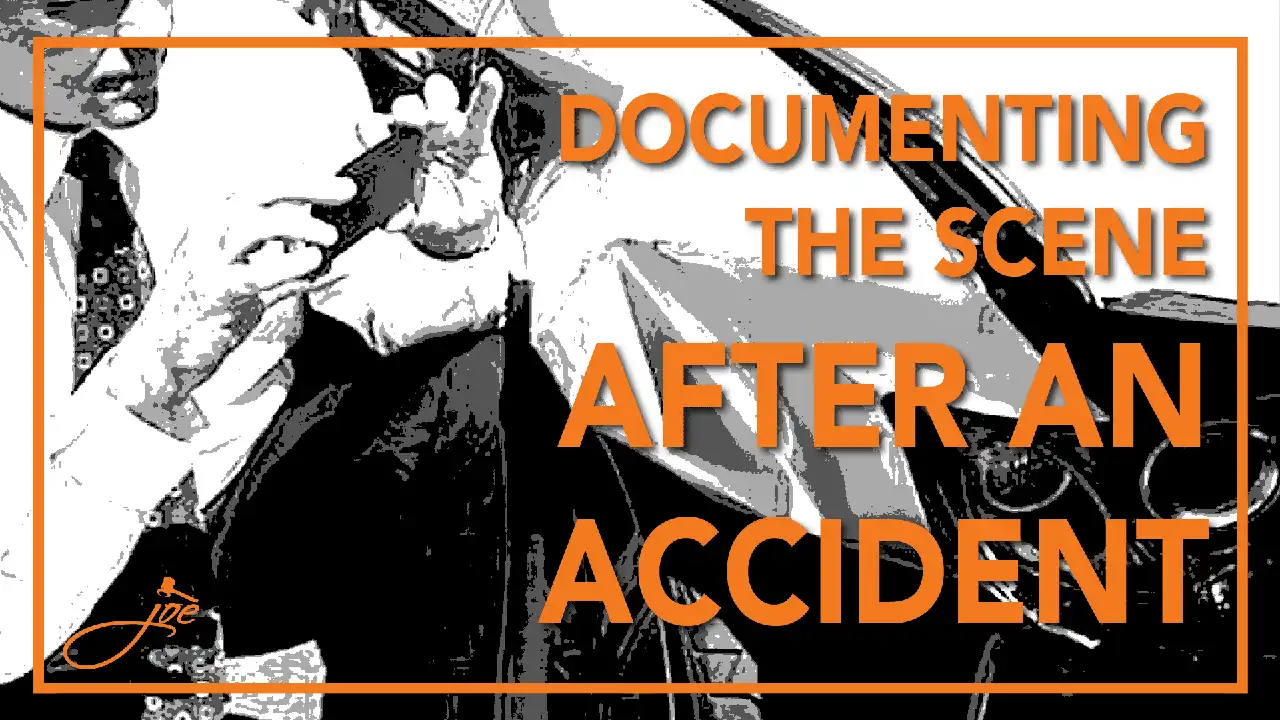Rental Car Coverage: What You Need to Know

Understanding Rental Car Coverage Basics Car Insurance Guide
So, you're renting a car. Maybe your own ride is in the shop after a fender bender, or you're jetting off on vacation. Whatever the reason, understanding your rental car coverage is crucial. It can save you a ton of headache and money down the road. Let's break it down, shall we?
What is Rental Car Coverage? Insurance Options Explained
Rental car coverage is essentially insurance that protects you financially if something happens to your rental vehicle. Think of it like this: you're temporarily responsible for that car, and if it gets damaged or stolen, you're on the hook. Rental car coverage helps minimize your out-of-pocket expenses.
There are several types of coverage to consider:
- Collision Damage Waiver (CDW) or Loss Damage Waiver (LDW): This is the big one. It covers damage to the rental car itself, whether it's from an accident, vandalism, or even theft. Be aware that it may not cover everything, so read the fine print.
- Liability Insurance: This covers you if you're at fault in an accident and cause damage to another person's property or injure someone. It's super important to have this.
- Personal Accident Insurance (PAI): This covers medical expenses for you and your passengers if you're injured in an accident while in the rental car.
- Personal Effects Coverage (PEC): This covers your personal belongings if they're stolen from the rental car.
Your Existing Car Insurance Rental Car Coverage Overlap
Before you shell out extra money for rental car insurance, check your existing car insurance policy. You might already be covered! Many auto insurance policies extend coverage to rental cars, at least within the United States and Canada. However, the level of coverage can vary.
How to Check Your Existing Car Insurance Policy for Rental Car Coverage
The best way to find out if you're covered is to call your insurance company or review your policy documents. Look for sections that mention "temporary substitute vehicles" or "non-owned vehicles." Pay attention to the following:
- Coverage limits: Are the limits high enough to cover potential damages?
- Deductible: What's your deductible? You'll have to pay this amount out of pocket before your insurance kicks in.
- Exclusions: Are there any situations where your coverage wouldn't apply (e.g., driving on unpaved roads, using the rental car for commercial purposes)?
- Geographic limitations: Does your coverage extend to rentals outside the US and Canada?
If your existing policy provides adequate coverage, you might not need to purchase additional insurance from the rental car company. However, it's always better to be safe than sorry.
Credit Card Rental Car Insurance Perks and Protection
Another potential source of rental car coverage is your credit card. Many credit cards offer rental car insurance as a perk, especially travel rewards cards. But again, it's crucial to understand the details.
Understanding Primary vs Secondary Credit Card Rental Car Insurance
Credit card rental car insurance typically comes in two forms:
- Primary coverage: This means the credit card's insurance pays out first, before your personal auto insurance. This is ideal because it avoids potential rate increases on your personal policy.
- Secondary coverage: This means your personal auto insurance pays out first, and the credit card's insurance only covers any remaining expenses, such as your deductible.
To take advantage of your credit card's rental car insurance, you usually need to decline the rental car company's coverage and pay for the rental with that credit card. Check your credit card agreement for specific terms and conditions.
Popular Credit Cards Offering Rental Car Insurance Benefits Compared
Here are a few popular credit cards that offer rental car insurance:
- Chase Sapphire Preferred/Reserve: Offers primary rental car coverage. A great option for frequent travelers. Annual fees apply (around $95 for Preferred, $550 for Reserve).
- Capital One Venture X Rewards Credit Card: Also offers primary rental car coverage. Another solid choice for travel rewards. Annual fee applies (around $395).
- American Express Cards (various): Many Amex cards offer rental car coverage, but it's often secondary unless you enroll in their Premium Car Rental Protection program (which comes with an additional fee per rental). Annual fees vary greatly.
Example Scenario: Chase Sapphire Preferred You rent a car for a week in Florida. During your trip, someone backs into your rental in a parking lot, causing a dent. Because you used your Chase Sapphire Preferred card and declined the rental agency's insurance, you can file a claim directly with Chase. They will cover the cost of the repair (minus any deductible, if applicable, though many plans have no deductible). This avoids a claim on your personal auto insurance, keeping your rates stable.
Rental Car Company Insurance Options Deciphering the Choices
When you pick up your rental car, the agent will likely try to sell you their own insurance. It can be tempting to just say yes to everything, but it's important to know what you're buying.
Collision Damage Waiver (CDW) vs Loss Damage Waiver (LDW) Explained
As mentioned earlier, CDW and LDW cover damage to the rental car. They are similar, but there can be slight differences in what they cover. For example, LDW might cover theft, while CDW might not.
Pros:
- Peace of mind, knowing you're covered for damage.
- No need to file a claim with your personal insurance or credit card company.
Cons:
- Can be expensive, adding significantly to the cost of the rental.
- May have exclusions or limitations.
Liability Insurance and Supplemental Liability Protection (SLP)
Liability insurance covers you if you're at fault in an accident and cause damage or injury to others. Supplemental Liability Protection (SLP) increases the coverage limits provided by the rental car company's standard liability insurance.
Pros:
- Protects you from potentially huge financial losses if you're responsible for an accident.
Cons:
- Can be expensive, especially SLP.
- You may already have adequate liability coverage through your personal auto insurance.
Personal Accident Insurance (PAI) and Personal Effects Coverage (PEC)
PAI covers medical expenses for you and your passengers if you're injured in an accident. PEC covers your personal belongings if they're stolen from the rental car.
Pros:
- Provides coverage for medical expenses and lost or stolen belongings.
Cons:
- You may already have adequate coverage through your health insurance, homeowners insurance, or renters insurance.
Specific Rental Car Insurance Product Recommendations and Comparisons
Let's look at some specific examples of rental car insurance products offered by major rental car companies.
Enterprise Rental Car Insurance Options and Costs
Enterprise typically offers the following insurance options:
- Damage Waiver: Covers damage to the rental vehicle. Cost varies by location and vehicle type, but typically ranges from $9 to $30 per day.
- Liability Protection: Provides liability coverage up to a certain limit. Cost typically ranges from $12 to $20 per day.
- Personal Accident Insurance/Personal Effects Coverage: Covers medical expenses and personal belongings. Cost typically ranges from $5 to $10 per day.
Example: Renting a mid-size sedan from Enterprise in Los Angeles for a week. The Damage Waiver might cost $20/day, Liability Protection $15/day, and PAI/PEC $7/day. Total cost for all coverages for the week: $294. This is a significant addition to the base rental price.
Hertz Rental Car Insurance Options and Costs
Hertz offers similar insurance options to Enterprise:
- Loss Damage Waiver (LDW): Covers damage to the rental vehicle. Cost varies similarly to Enterprise.
- Liability Insurance Supplement (LIS): Provides supplemental liability coverage. Cost varies similarly to Enterprise.
- Personal Accident Insurance/Personal Effects Coverage (PAI/PEC): Covers medical expenses and personal belongings. Cost varies similarly to Enterprise.
Example: Renting an SUV from Hertz in Denver for a long weekend. The LDW might cost $25/day, LIS $18/day, and PAI/PEC $8/day. Total cost for all coverages for the weekend (3 days): $153.
Avis Rental Car Insurance Options and Costs
Avis also offers similar insurance options:
- Collision Damage Waiver (CDW): Covers damage to the rental vehicle. Cost varies similarly to Enterprise and Hertz.
- Additional Liability Insurance (ALI): Provides supplemental liability coverage. Cost varies similarly to Enterprise and Hertz.
- Personal Accident Insurance/Personal Effects Coverage (PAI/PEC): Covers medical expenses and personal belongings. Cost varies similarly to Enterprise and Hertz.
Comparison Table:
| Insurance Type | Enterprise (Typical Daily Cost) | Hertz (Typical Daily Cost) | Avis (Typical Daily Cost) |
|---|---|---|---|
| Damage Waiver/LDW/CDW | $9 - $30 | $9 - $30 | $9 - $30 |
| Liability Protection/LIS/ALI | $12 - $20 | $12 - $20 | $12 - $20 |
| PAI/PEC | $5 - $10 | $5 - $10 | $5 - $10 |
Important Note: Prices can fluctuate significantly based on location, vehicle type, time of year, and specific rental agreement. Always get a quote directly from the rental car company before making a decision.
Usage Scenarios When to Consider Rental Car Insurance
There are certain situations where purchasing rental car insurance might make sense, even if you already have coverage through your personal insurance or credit card.
Renting in a Foreign Country International Travel Insurance
If you're renting a car in a foreign country, your personal auto insurance might not extend coverage. In this case, purchasing the rental car company's insurance is often a good idea. Furthermore, some countries *require* specific types of insurance coverage for rental vehicles. Always check the local regulations before you travel.
Renting Expensive or Exotic Vehicles Luxury Car Rental Coverage
If you're renting an expensive or exotic vehicle, the coverage limits on your personal insurance or credit card might not be sufficient to cover potential damages. In this situation, purchasing additional coverage from the rental car company could provide extra peace of mind.
Driving in Areas with High Accident Rates High-Risk Driving Environments
If you're driving in an area with high accident rates or a high risk of theft or vandalism, purchasing rental car insurance could be a wise decision. This is especially true if your deductible is high or if you're concerned about potentially raising your insurance rates after an accident.
Business Travel Rental Car Insurance for Work
If you are renting a car for business, your personal auto insurance may not cover you. Check with your employer to see if they have a commercial auto insurance policy that covers rental cars used for business purposes. If not, you may need to purchase additional coverage.
How to File a Rental Car Insurance Claim Step-by-Step Guide
If you need to file a rental car insurance claim, follow these steps:
- Report the incident: Immediately report the accident or damage to the rental car company. Get a copy of the accident report.
- Gather documentation: Collect all relevant documentation, including the rental agreement, police report (if applicable), photos of the damage, and contact information for any witnesses.
- Contact your insurance company or credit card company: Notify your insurance company or credit card company (if you're using their coverage) and provide them with all the necessary documentation.
- File the claim: Follow the claim filing procedures outlined by your insurance company or credit card company. Be prepared to answer questions and provide additional information as needed.
- Follow up: Stay in contact with the insurance company or credit card company to track the progress of your claim.
Cost-Effective Strategies for Rental Car Insurance Savings
Want to save money on rental car insurance? Here are a few tips:
- Shop around: Compare prices from different rental car companies and insurance providers.
- Use your existing coverage: Check your personal auto insurance policy and credit card benefits to see if you already have adequate coverage.
- Decline unnecessary coverage: Don't purchase coverage that you don't need.
- Consider a travel insurance policy: Some travel insurance policies include rental car coverage.
- Book with a discount code: Some discount codes offer reduced rates on rental car insurance.
The Fine Print Understanding Exclusions and Limitations
Always read the fine print of any rental car insurance policy to understand the exclusions and limitations. Common exclusions include:
- Driving under the influence of alcohol or drugs.
- Driving on unpaved roads.
- Using the rental car for illegal activities.
- Allowing an unauthorized driver to operate the vehicle.
- Damage caused by a natural disaster (e.g., flood, earthquake).
Future Trends in Rental Car Insurance Technology and Innovation
The rental car insurance industry is constantly evolving. Here are a few trends to watch out for:
- Usage-based insurance: Insurance premiums based on how much you drive and how safely you drive.
- Telematics: Technology that tracks your driving behavior and provides data to insurance companies.
- Mobile apps: Apps that allow you to manage your rental car insurance policy and file claims from your smartphone.
- Embedded insurance: Insurance that is seamlessly integrated into the rental car booking process.
:max_bytes(150000):strip_icc()/277019-baked-pork-chops-with-cream-of-mushroom-soup-DDMFS-beauty-4x3-BG-7505-5762b731cf30447d9cbbbbbf387beafa.jpg)






